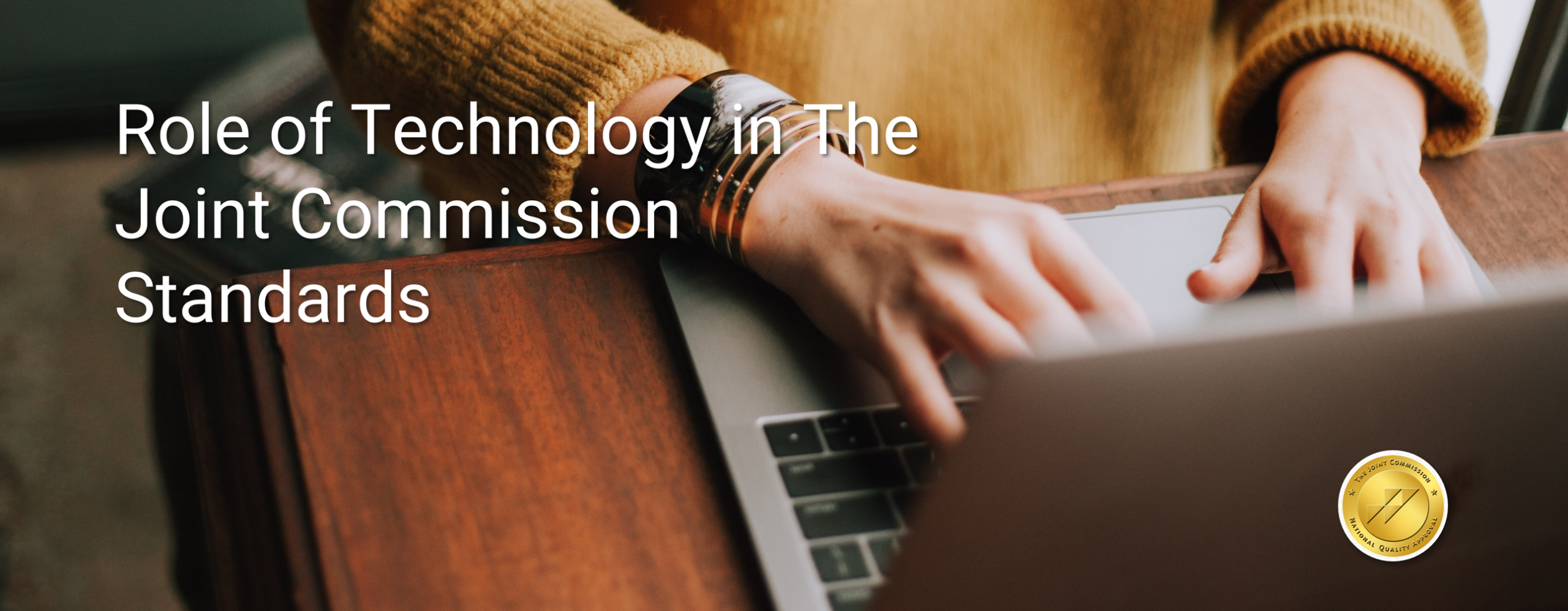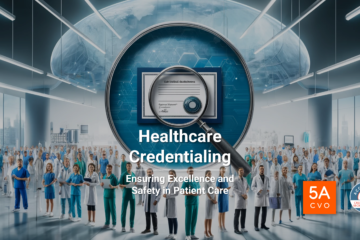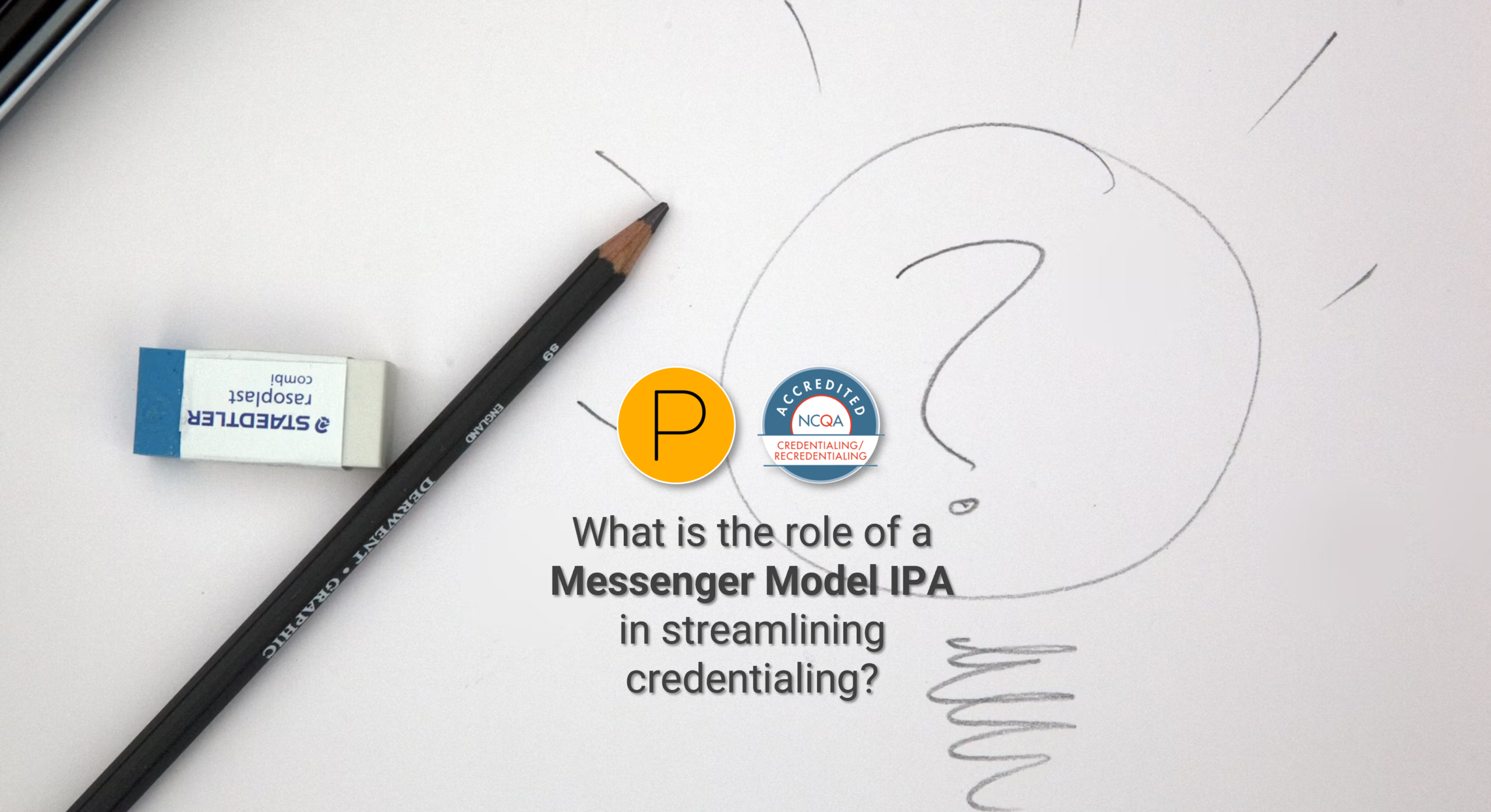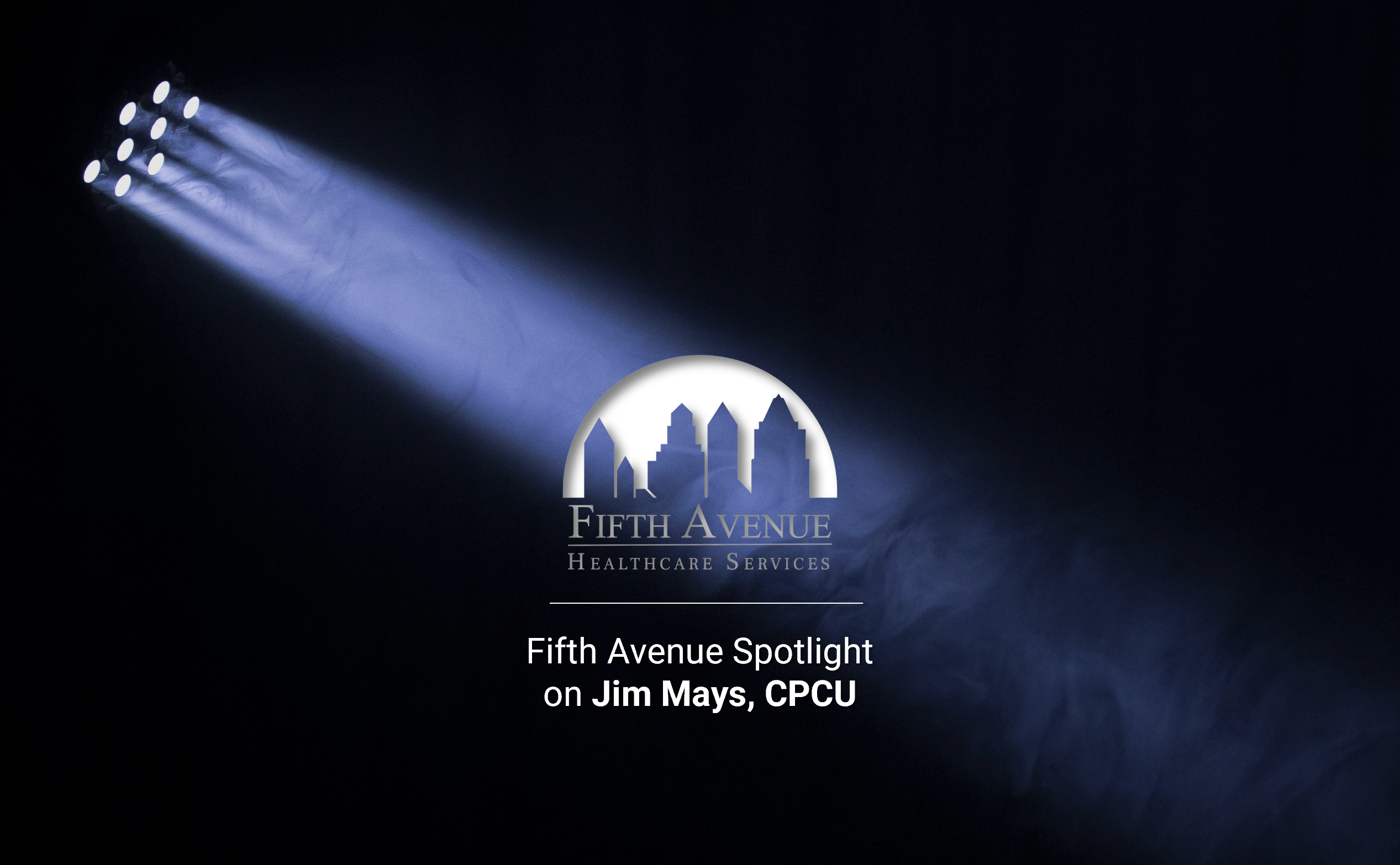In today’s rapidly evolving healthcare landscape, ensuring quality and safety in patient care is of paramount importance. The Joint Commission is one organization that plays a significant role in promoting and maintaining high standards in healthcare facilities.
In this article, we will delve into the work of The Joint Commission, its accreditation process, and its impact on healthcare providers. Additionally, we will explore the role of Fifth Avenue Healthcare Services and how they align with The Joint Commission’s mission.
The Joint Commission: An Overview
The Joint Commission, formerly known as the Joint Commission on Accreditation of Healthcare Organizations (JCAHO), is an independent, not-for-profit organization that evaluates and accredits healthcare organizations in the United States. It was established in 1951 to improve the quality and safety of healthcare services through a rigorous accreditation process.
Accreditation Process and Standards
The Joint Commission’s accreditation process is designed to ensure that healthcare organizations meet or exceed established quality and safety standards. These standards cover a wide range of areas, including patient rights, emergency management, infection prevention and control, medication management, and performance measurement.
To achieve accreditation, healthcare organizations undergo a comprehensive evaluation conducted by The Joint Commission. This evaluation includes an on-site survey, during which surveyors assess the organization’s compliance with the standards. Surveyors review medical records, observe patient care, interview staff members, and evaluate various processes and systems in place.
Benefits of Joint Commission Accreditation
Accreditation from The Joint Commission brings several benefits to healthcare organizations. Firstly, it demonstrates a commitment to providing safe and high-quality care to patients. Accredited organizations are recognized for their dedication to meeting rigorous standards, enhancing their reputation and credibility among patients, staff, and stakeholders.
Moreover, accreditation helps organizations attract and retain talented healthcare professionals. Healthcare professionals seek to work in organizations that prioritize patient safety and quality of care. By achieving accreditation, healthcare organizations signal their commitment to providing an environment that upholds these values, making them more appealing to healthcare professionals.
Joint Commission accreditation also contributes to financial benefits for healthcare organizations. Insurance providers and other payers often consider accreditation an important factor in determining reimbursement rates. Accredited organizations are more likely to receive favorable reimbursement terms, which can positively impact their financial sustainability.
Top 10 Benefits of Joint Commission Accreditation:
- Enhanced Patient Safety: Joint Commission accreditation promotes a culture of patient safety, leading to improved outcomes and reduced medical errors.
- Improved Quality of Care: Accreditation fosters a commitment to providing high-quality care by implementing evidence-based practices and continuously monitoring and evaluating performance.
- Increased Patient Confidence: Accreditation signifies a healthcare organization’s dedication to delivering safe and effective care, inspiring trust and confidence among patients and their families.
- Competitive Advantage: Accredited facilities gain a competitive edge in the healthcare market, attracting patients, insurers, and healthcare professionals seeking reliable and trustworthy organizations.
- Streamlined Processes: Compliance with Joint Commission standards often leads to streamlined workflows, optimized operations, and efficient resource allocation.
- Staff Engagement and Satisfaction: Accreditation fosters a culture of accountability, engagement, and professional growth among healthcare professionals, leading to higher job satisfaction and retention rates.
- Risk Management and Legal Protection: Adhering to Joint Commission standards helps healthcare organizations identify and mitigate risks, reducing the likelihood of litigation and potential legal liabilities.
- Continuous Improvement: Accreditation promotes a culture of continuous improvement through regular self-assessments, performance monitoring, and implementation of best practices.
- Stakeholder Collaboration: Accredited organizations actively engage stakeholders, including patients, families, and community members, in decision-making processes, ensuring their perspectives are valued and integrated into care delivery.
- Decision-Making: Accreditation encourages the use of data and analytics to drive informed decision-making, fostering evidence-based practices and quality improvement initiatives.
Why Some May Desire Not to Obtain Joint Commission Accreditation
While Joint Commission accreditation offers numerous benefits, some healthcare facilities may choose not to pursue it due to certain factors.
Reasons for not seeking accreditation may include the following:
- Limited Resources: Smaller healthcare organizations with constrained budgets and staff may find it challenging to allocate resources toward the accreditation process.
- Specialty Practices: Certain specialized facilities may opt for alternative accreditation programs tailored to their specific needs, which the Joint Commission may not provide.
- Focus on Alternative Accrediting Bodies: Healthcare organizations may prioritize seeking accreditation from other recognized bodies, such as the National Committee for Quality Assurance (NCQA), Accreditation Association for Ambulatory Health Care (AAAHC), or Utilization Review Accreditation Commission (URAC), based on their specific requirements or industry focus.
- Non-U.S. Based Facilities: Healthcare organizations outside the United States may prioritize international accreditation programs more aligned with their regional or national standards.
The Joint Commission’s Impact on Patient Safety
Patient safety is a core focus of The Joint Commission’s work. The organization develops standards and guidelines emphasizing strategies and practices to reduce medical errors, prevent adverse events, and improve patient outcomes. By staying current with evolving medical knowledge and best practices, The Joint Commission ensures that healthcare organizations are equipped to deliver safe and effective care to their patients.
The Joint Commission’s approach to patient safety includes initiatives such as National Patient Safety Goals, which establish specific targets and guidelines for addressing areas of concern in healthcare delivery. These goals focus on critical areas such as infection control, medication safety, and communication among healthcare providers.
The Impact of The Joint Commission’s Work
The Joint Commission’s work has a far-reaching impact on healthcare organizations, patients, and the overall healthcare system. The accreditation process serves as a benchmark for measuring the quality of care provided by different healthcare facilities. Accredited organizations are recognized for their commitment to meeting or exceeding the standards set by The Joint Commission, instilling confidence in patients and their families.
By promoting and enforcing high standards, The Joint Commission contributes to the improvement of the healthcare system as a whole. Healthcare organizations strive to meet the standards set by The Joint Commission, leading to the adoption of evidence-based practices, enhanced patient safety protocols, and the implementation of effective quality improvement strategies.
Moreover, The Joint Commission’s focus on continuous improvement encourages healthcare organizations to continually evaluate and enhance their practices. This fosters a culture of learning and innovation, driving advancements in healthcare delivery and leading to improved patient outcomes.
The Importance of Collaboration and Continuous Improvement
One of the notable aspects of The Joint Commission’s accreditation process is its emphasis on collaboration and continuous improvement. The organization recognizes that healthcare is a complex and dynamic field, requiring ongoing efforts to enhance practices and address emerging challenges.
Through its collaborative approach, The Joint Commission facilitates knowledge sharing and best practice dissemination among healthcare organizations. Accredited organizations have the opportunity to learn from one another, exchange ideas, and implement successful strategies that improve patient outcomes. This collaborative environment fosters innovation and drives the advancement of healthcare practices across the industry.
Additionally, The Joint Commission encourages healthcare organizations to engage in continuous improvement initiatives. By promoting a culture of ongoing evaluation and self-assessment, organizations can identify areas for enhancement and implement targeted improvement efforts. This commitment to continuous improvement aligns with the principles of quality management and ensures that accredited organizations remain at the forefront of delivering high-quality care.
The Role of Technology in The Joint Commission’s Standards
In today’s digital era, technology plays a pivotal role in healthcare delivery and patient safety. The Joint Commission recognizes the impact of technology and incorporates it into its standards and evaluation process. Healthcare organizations must leverage technology effectively to enhance patient care, improve communication, and streamline processes.
For example, The Joint Commission emphasizes the importance of electronic health records (EHR) in promoting safe and efficient care delivery. Accredited organizations must implement robust EHR systems that support accurate documentation, secure information exchange, and facilitate comprehensive care coordination.
Moreover, The Joint Commission encourages using technology to improve medication management processes. This includes computerized physician order entry (CPOE) systems that reduce the risk of medication errors, barcode scanning technology to ensure accurate medication administration, and automated medication dispensing systems that enhance medication safety.
By incorporating technology into its standards, The Joint Commission acknowledges its transformative potential in advancing patient safety and quality of care. Healthcare organizations are encouraged to embrace technological innovations that align with The Joint Commission’s standards, enabling them to provide efficient, evidence-based, patient-centered care.
The Joint Commission’s International Impact
While The Joint Commission primarily focuses on accrediting healthcare organizations in the United States, its impact extends beyond national borders. The organization has collaborated with international healthcare systems and institutions to promote global standards of care and enhance patient safety worldwide.
Through international accreditation initiatives, The Joint Commission has facilitated knowledge exchange and shared learning opportunities among healthcare professionals from different countries. This collaboration has led to the adoption of best practices, the harmonization of standards, and the improvement of healthcare quality in diverse global settings.
The Joint Commission: Conclusion
The Joint Commission’s commitment to ensuring quality and safety in healthcare is evident through its rigorous accreditation process and its impact on healthcare organizations, patients, and the overall healthcare system. By promoting high standards, fostering collaboration, encouraging continuous improvement, and incorporating technology, The Joint Commission plays a vital role in driving excellence in healthcare delivery.
Fifth Avenue Healthcare Services, as an NCQA credentialing accredited organization aligned with The Joint Commission’s standards, exemplifies the commitment to providing safe, high-quality care. Through their dedication to continuous improvement and adherence to accreditation requirements, they prioritize patient safety and contribute to advancing the healthcare industry.
As patients, we can place trust in healthcare organizations that have achieved accreditation from The Joint Commission, knowing that they have undergone rigorous evaluations and met stringent standards. The Joint Commission’s impact extends beyond individual organizations, shaping the healthcare landscape, promoting collaboration, and driving continuous improvement to benefit patients worldwide.
More information about Fifth Avenue Healthcare Services
Fifth Avenue Healthcare Services is an NCQA Credentialing Accredited family of healthcare companies. Sister companies include 5ACVO (credentialing and primary source verification specialists), Fifth Avenue Agency (MPLI and medical malpractice insurance specialists), and Primoris Credentialing Network (credentialing and provider enrollment specialists with 54+ health plan and network provider enrollment options).
Fifth Avenue Healthcare Services initially published this article here. For information on Fifth Avenue Healthcare Services, please visit FifthAvenueHealthcareService.com or Contact Us.











